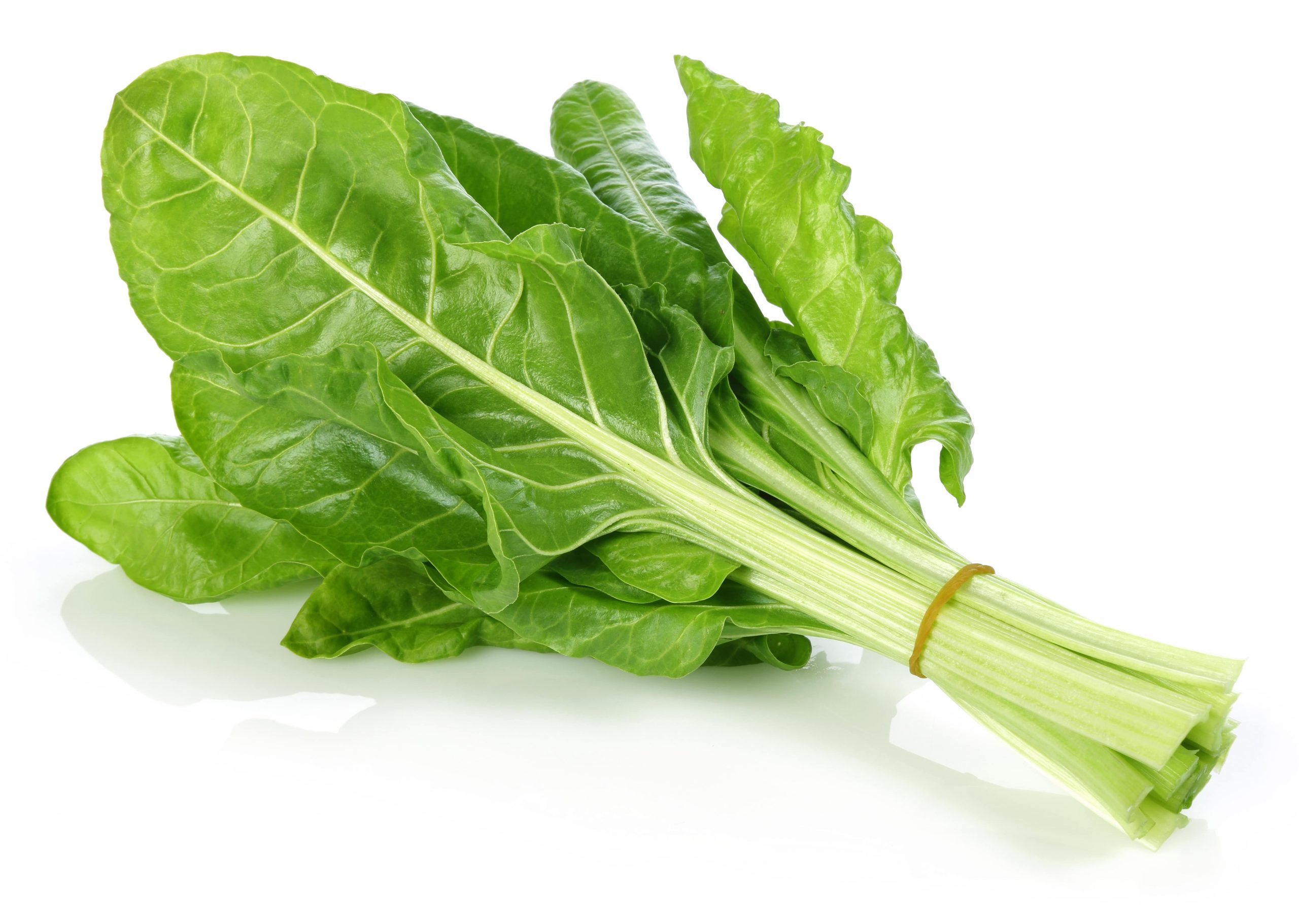Swiss chard is among the most nutritious leafy green vegetables packed with vitamins A, K, & E, fibers, and antioxidants. It may help protect the heart, lower blood cholesterol, and insulin levels, and aid in weight loss.
Swiss chard compares well with other leafy green vegetables, including kales and spinach. It is loaded with vitamins A, C, E, & K, minerals, and many antioxidants that owe it the many health benefits. It’s filling and good for weight loss, critical for good heart health, and helps lower blood sugar, insulin, and cholesterol levels. Moreover, it improves insulin resistance, further helping the cells utilize glucose more efficiently, lowering the risk of type 2 diabetes. Here is everything you need to know about Swiss chard, including its nutrition facts and the health benefits.
Understanding Swiss chard and its origin
Spinach is appropriately described as the king of greens owing to the many nutrients with which it is packed. Swiss chard, another dark green leafy vegetable, competes well with spinach and is also nutritionally rich. It has a Mediterranean origin, despite the term ‘Swiss,’ which may lead one to associate this leafy green with Switzerland. Swiss chard is popularized as a health food that grows in water-deficient soils and light-deficient conditions. It belongs to a family of vegetables called Chenopodidieae, which has many other leafy greens. There are many types of Swiss chard, most of which are appealing to the eye because of their wide and beautifully-colored stalks.
Swiss chard: the nutritional profile
The nutritional profile of any food or dietary component is critical in determining its contribution to the body. The nutritional profile of Swiss chard leaves everything to be desired, making this vegetable the superfood it is. A typical serving of Swiss chard (approximately 170 g) packs minerals, antioxidants, vitamins, and other health-promoting compounds. Here is what you can find in a serving of Swiss chard and the proportions in which you can find them;
- Calories- 35
- Carbs- 7 g
- Fibers- 3.7 g
- Protein- 3.3 g
- Vitamin K- 716% RDI
- Vitamin A- 214% RDI
- Vitamin C- 53% RDI
- Vitamin E- 17% RDI
- Calcium- 10% RDI
- Magnesium- 38% RDI
- Copper- 14% RDI
- Iron- 22% RDI
- Manganese- 29% RDI
- Potassium- 27% RDI
Swiss chard is low in calories, packing 35 units in the 176 g jar. However, it is loaded with vitamins K, A, C, and E, constituting 716%, 214%, 53%, and 17% of their RDI per serving. Besides, this leafy green has modest amounts of minerals, including calcium, zinc, iron, potassium, magnesium, and manganese, all needed by the body for good health. Last but not least, it also has many antioxidants, including polyphenols, flavonoids, and vitamins C and E.
Swiss chard is loaded with antioxidants
Antioxidants are powerful compounds, mostly plant-based, that help the body neutralize and fight free radicals, lowering the risks of oxidative stress and inflammation and their damaging effects. Free radicals are unstable molecules with unpaired electrons originating from metabolism, environmental pollution, radiation, and many other sources. When left to accumulate in the cells, they result in oxidative stress, damaging the cells and increasing the risk of chronic diseases such as cancer, diabetes, high blood pressure, and heart failure. Swiss chard is loaded with antioxidants, including flavonoids (quercetin, vitexin, kaempferol, etc.), polyphenols, and carotenoid vitamins C and E, all of which actively fight free radicals to reduce oxidative damage and inflammation risks. Vitamin antioxidants also lower the risk of certain cancers, including lung cancer.
Swiss chard supplies the body with fibers
You can eat Swiss chard leaves to supply the body with fibers, the indigestible carbs the body needs to keep the gut healthy, slow down food digestion and carb absorption to prevent sugar and insulin spikes and promote fullness, increase bowel movements for reduced constipation, add bulk to food for increased fullness and easier weight loss, and keep cholesterol levels in the blood low. A jar (176 g) of Swiss chard contains a whopping 3.7 g of fibers, contributing to 12.3%- 14.8% of your recommended daily intake for this dietary component. Big bodies such as the American Diabetes Association and the American Heart Association recognize the health contribution of fibers and recommend 25 g- 30 g as the minimum required daily intake. Fibers have many health benefits, including faster weight loss, feelings of fullness, lower risks of diabetes, reduced blood cholesterol levels, and good heart health.
Swiss chard is packed with vitamin K
Swiss chard is extremely rich in vitamin K, supplying 716% RDI in the 716 g jar. This vitamin is available as K1 and K2, and the two forms are needed by the body for many roles, including bone health, cellular function, and blood clotting. As such, Swiss chard goes a long way to help strengthen your bones and set up cellular activity. Besides, studies show that vitamin K helps form osteocalcin, the main protein in the bones and ligaments. Consequently, taking vitamin K-rich foods lowers a person’s risk for osteoporosis and osteoarthritis.
Taking Swiss chard helps promote health
Fruits and vegetables have long been recommended for good heart health. Swiss chard is one such vegetable that will boost your heart health since the calcium, potassium, and magnesium minerals packed in it are heart-friendly. They help lower blood pressures or keep the blood vessels flexible, allowing easy vasoconstriction or vasodilation. Besides, the antioxidants and fibers in Swiss chards scale down blood cholesterol and sugar levels, both of whose excess amounts increase heart disease risk. As if that’s not enough, the fibrous and antioxidant contents reduce inflammation and oxidative stress risks, further protecting the heart.
Swiss chard helps lower blood sugar levels, improve insulin resistance, and control weight, making it friendly for diabetes and weight control
The antioxidants and fibers in Swiss chard make this leafy green ideal for weight loss and diabetes. The fibers and antioxidants slow down food digestion and sugar absorption, limiting the glucose that enters the bloodstream at a time to cause insulin spikes. Besides, they improve insulin resistance, making the cells more responsive to insulin and readier to use glucose to prevent blood sugar rise. Last but not least, slowing down carb digestion and absorption increases fullness, eliminating the need to eat from time to time and unnecessary calorie intakes. These factors make Swiss chard an excellent vegetable for those trying to lose weight or manage diabetes.
Conclusion
Swiss chard is a leafy green vegetable growing in water-deficient soils and light-deficient conditions. It is packed with vitamins, antioxidants, and minerals the body needs to stay healthy. You can take it to promote heart health, aid weight loss, slow food digestion, and absorption to increase fullness, control blood sugar and cholesterol levels, increase insulin sensitivity, and manage diabetes better since it is also calorie-low.
- Eye Spy: Worldwide Eye Color Percentages - April 19, 2024
- Elevate Energy, Soothe Stress, And Peak Performance with The New UNBEETABREW Coffee Sensation - September 21, 2023
- Chef Bob’s Coffee: A Journey Fueled by Passion - July 29, 2023









